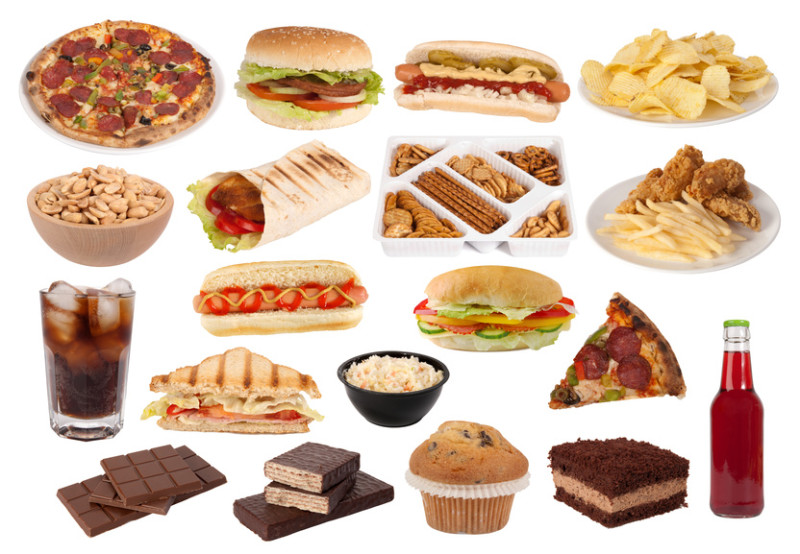
Highly Processed Foods Like Chocolate,Pizza And Chips,Among The Most Addictive Foods
Highly processed foods like chocolate, pizza and chips, among the most addictive foods. A new study from the University of Michigan confirms which has long been suspected, the highly processed foods like chocolate, pizza and fries are among the most additives. This is one of the first studies to specifically examine foods that may be involved in the “food addiction” which has captured the growing interest of scientists and consumers as a result of the obesity epidemic.
Previous animal studies concluded that highly processed foods or foods with added carbohydrates (like white flour and sugar) may be able to trigger addiction-like eating behavior. Human clinical studies have found that some people meet criteria for substance dependence when the substance is food.
Although highly processed foods are generally known to be very tasty, it is unknown whether these types of food can elicit addiction in humans. It is not known what specific foods produce these responses, said Ashley Gearhardt, an assistant professor of psychology at UM.

Unprocessed food, to which they added no fat or carbohydrates, such as brown rice and salmon, were not associated with addictive eating behaviors similar to addiction.
People with symptoms of food addiction rates or higher body mass reported major problems with highly processed foods, suggesting that some may be particularly sensitive to possible “rewarding” properties of these foods, said Erica Schulte, a doctoral student of psychology at UM and lead author of the study.
“If the properties of some foods are associated with the addictive food for some people, this may influence nutrition guidelines and public policy initiatives such as the marketing of these foods to children,” Schulte said.
Nicole Avena, assistant professor of pharmacology and therapeutic systems Icahn School of Medicine at Mount Sinai in New York City teacher, and a co-author of the study explained the significance of the findings.
“This is a first step towards the identification of certain foods, and the properties of the foods that can trigger this addictive response,” he said. “This could help change the way we approach the treatment of obesity. It may not be a simple matter to trim off certain foods, but rather adopting methods used to reduce smoking, alcohol and drug use. ”
Future research should examine whether the addictive foods are able to trigger changes in brain circuitry and behavior as drug abuse, the researchers said.